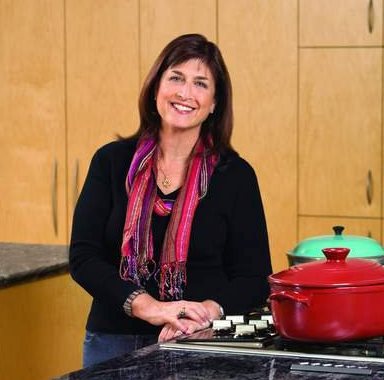If you think it's hard to find good produce in the markets today, how do you think you would have fared had you been one of the twenty-three Jewish refugees who arrived in New Amsterdam from Brazil in 1654?
Imagine your group landing, penniless, in the harbor of New Amsterdam (pirates looted your ship enroute). Governor Peter Stuyvesant confiscates your few remaining possessions to pay the ship's captain, who claims that he is owed money for his services. Stuyvesant also writes to the Dutch West India Company requesting permission to expel you and the others because, he claims, your indigence would be a burden to the community. Influential Jews in Holland intercede with the Dutch West India Company, petitioning that your group be accorded sanctuary and the same full rights Jews enjoy in Holland. You prevail and Stuyvesant is forced to grant you permission to stay, but he imposes unlawful taxes and restrictions on your ability to work. A fellow refugee, Asser Levy, files and wins a lawsuit against Stuyvesant for refusing to issue Jews trade permits. In 1661 he receives his butcher's license and becomes the first Jewish tradesman in the colonies.
On the culinary front, as well, you demonstrate persistence and inventiveness, melding ingredients brought from Europe, the Caribbean, and Africa (such as apples, wheat, barley, oats, and rye) with indigenous foods (corn, squash, sweet potatoes, and pumpkins) introduced to you by Native Americans. You mill flour from wheat and rye to produce pies and pastries filled with wild strawberries, blackberries, and cranberries, sweetening these treats with native honey and maple sugar. You import cinnamon, nutmeg, and cloves from Holland, as well as sugar, molasses, cocoa, vanilla, and rum from Brazil and the Caribbean. African slaves introduce you to beans, peppers, and coconut milk.
Like most colonists, you produce all the foods you eat. As there is no refrigeration, fish and meats are preserved by smoking or salting. Your community introduces a third technique--pickling--a process which enables you to prepare foods in advance of the Sabbath and, in the new land, prevents starvation whenever fresh food is scarce.
We can celebrate the arrival of those first twenty-three Jewish immigrants to America's shores by enjoying recipes with ingredients familiar to our colonial forebears. And let us all eat in good health!


